THE HAGUE: U.S. Offers Help In Milosevic Trial
The Bush administration has agreed in principle to allow some current and former U.S. officials to provide limited testimony against former Yugoslav ruler Slobodan Milosevic at his trial in the Hague


(21/3/2002)UNITED NATIONS (March 21) - The Bush administration has agreed in principle to allow some current and former U.S. officials to provide limited testimony against former Yugoslav ruler Slobodan Milosevic at his trial in the Hague, according to administration officials. The appearance of American officials at the International Criminal Tribunal for the Former Yugoslavia could set an important legal precedent, according to court experts, and would potentially subject American officials to cross-examination by Milosevic, an indicted war criminal who is defending himself against charges of genocide and crimes against humanity in Bosnia and Kosovo. The United States is willing "to permit some U.S. officials to provide testimony in the Hague if it is necessary," a senior State Department official said. "Any such appearance would make the individuals available to both prosecution and the defense." The U.N.'s chief war crimes prosecutor, Carla del Ponte, asked U.S. Secretary of State Colin L. Powell to authorize such testimony during a meeting Monday in Washington. Powell did not make a direct public response, but told reporters after the meeting that he had assured the prosecutor that "she can count on the United States in her work." Although U.S. and U.N. officials declined to identify the individuals being sought by the court, del Ponte has been in discussions with several former and current U.S. officials, including former U.S. ambassador to the United Nations Richard C. Holbrooke about their knowledge of Milosevic's crimes. Holbrooke, former president Bill Clinton's chief envoy to the Balkans, said yesterday that he would appear before the court if the State Department gives him the green light. "I've talked to Carla and I am ready to testify if I can help," Holbrooke said. If he does appear, he would be the first American cabinet member to testify before an international war crimes tribunal, according to Richard Dicker, an expert on the court at the New York-based Human Rights Watch. U.S. officials played down the significance of the decision, saying American diplomats are often permitted to testify in foreign criminal cases. "It follows from our practice in court cases around the world. We from time to time allow our people to appear to address particular topics that need to be addressed in court," the State Department official said. U.S officials say they are engaged in intensive negotiations to determine the circumstances in which American officials might appear before the court. They said they will agree to permit officials to appear before the court only if they have "unique" information that the court needs to help convict Milosevic. "We don't want to have a parade of our people through the court," the senior State Department official said. "We want to know that our people have a particularly unique and useful role and want to be able to help determine whether that's done in open or closed session. . . . What we are trying to avoid is a precedent that a defendant like this can suddenly haul every former American official who carried out American policy into some international court." Del Ponte also told a small group of reporters yesterday that foot-dragging by Belgrade authorities is undermining her efforts to conclude the court's work by a U.S.-proposed deadline. The Bush administration has said it wants the trial to close by 2007-2008, but Del Ponte said her aides have advised her that she may not be able to wrap up her work before 2010. "We have no access to the archives, we have no access to witnesses; that is an obvious obstacle to achieve our . . . completion strategy. Is it possible to close the door while there are 32 fugitives? No. It is not possible." Del Ponte said that Powell denied news reports that the Bush administration had reached an understanding with Belgrade to hasten the closure of the court in exchange for help in the arrest of two indicted former Bosnian Serb leaders, former president Radovan Karadzic and retired Gen. Ratko Mladic. Mladic is living outside Belgrade, she said, under the protection of the Yugoslav military. Although she praised the United States and other European powers for renewing their military campaign to capture Karadzic, the Swiss prosecutor expressed frustration with their strategy. She said the decision of NATO officers to send scores of uniformed soldiers, backed by tanks and air support, on a hunt for Karadzic deprived them of the element of surprise. She said her proposal to create a stealthy "special task force" to pursue Karadzic had been rebuffed. "The military has other concepts of operations," she said. "I'm disappointed about it."
//Shqiptarja.com
 Sondazhi i ditës:
Sondazhi i ditës:
'Rasti Qefalia', a fshihen gjobat pas akuzave të Këlliçit, Nokës, opozitës?
-
Po
69.8%
-
Jo
19.8%
-
Ndoshta
10.5%
Vota total: 410
Votat totale janë unike

Lajme të tjera
-
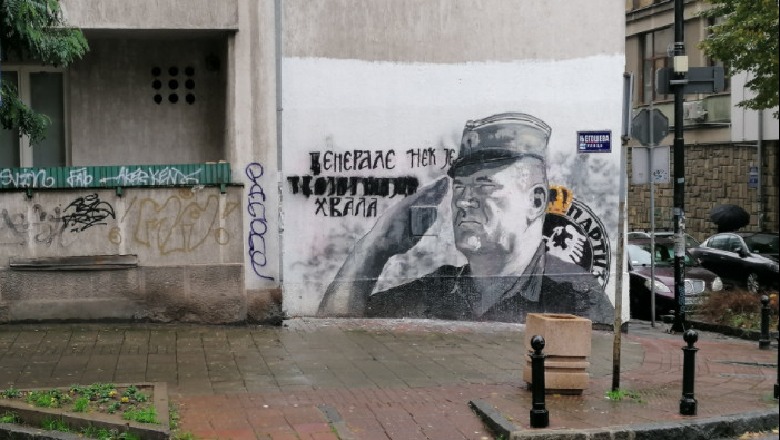
KE i bën thirrje Serbisë: Hiqni muralin kushtuar Ratko Mladiçit
20 Nëntor 2021, 08:24
-
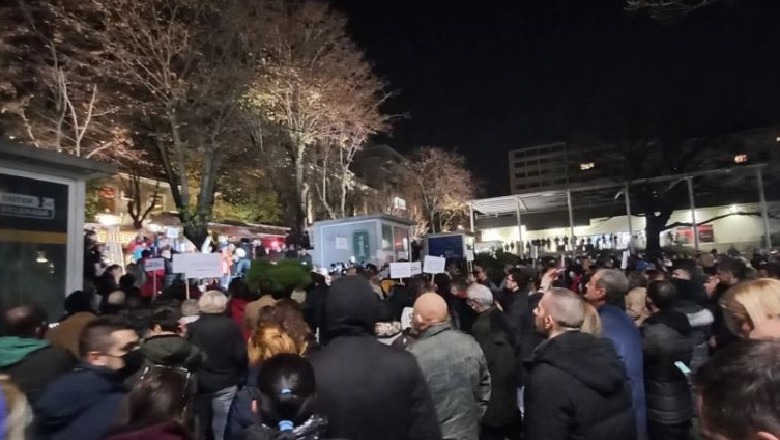
Murali i Mlladiç në mes të Beogradit, nis protesta për heqjen e tij! Qytetarët: Koha që Serbia mos të mohojë gjenocidit në Srebrenicë
13 Nëntor 2021, 21:18
-
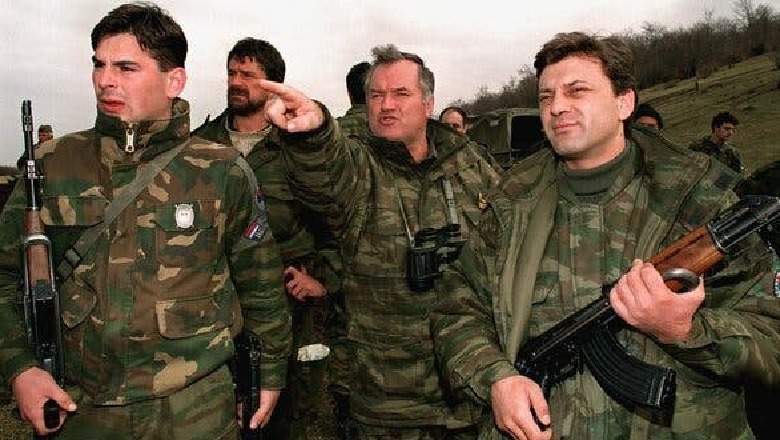
Burg përjetë për' Kasapin e Bosnjës' familjarët e viktimave: Si nënat e Srebrenicës edhe ai do të jetojë pa familjen! Media: Mbyllje e kapitullit të përgjakshëm të historisë
9 Qershor 2021, 10:38
-
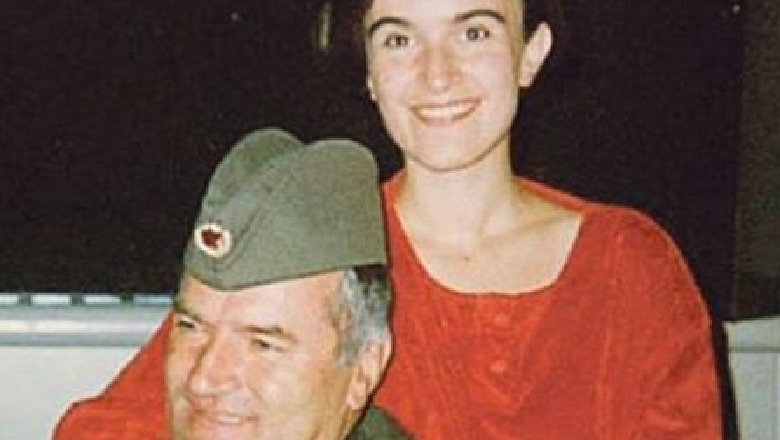
E vetëvrara e Ratko Mladiçit
9 Qershor 2021, 07:15
-
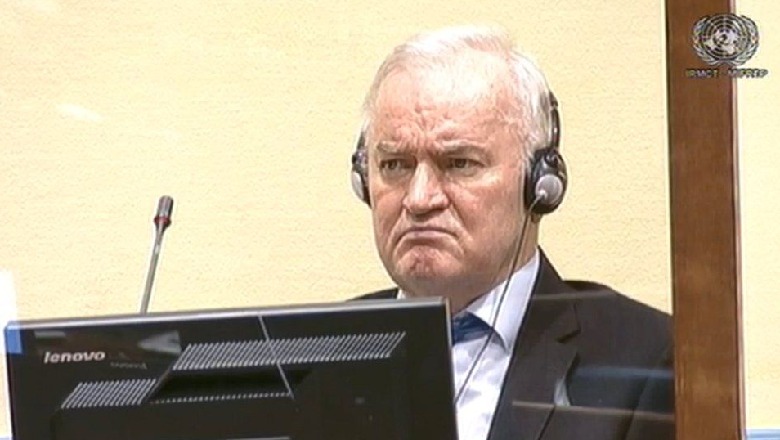
Ekzekutori i të paktën 8000 të pafajshmëve, dënohet përfundimisht me burg përjetë për gjenocid 'Kasapi i Bosnjës', Ratko Mlladiç
8 Qershor 2021, 16:36
-
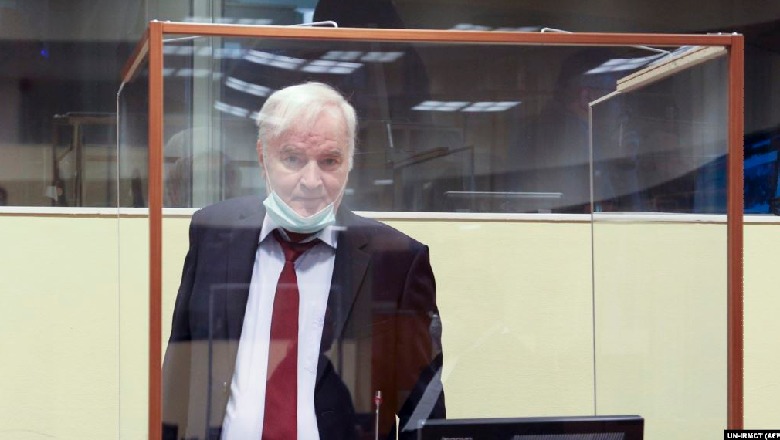
Gjyqi në Hagë, ish-gjenerali serb Mlladiq thotë se ka punuar 'me ndershmëri' në paqe dhe në luftë
26 Gusht 2020, 22:33
-
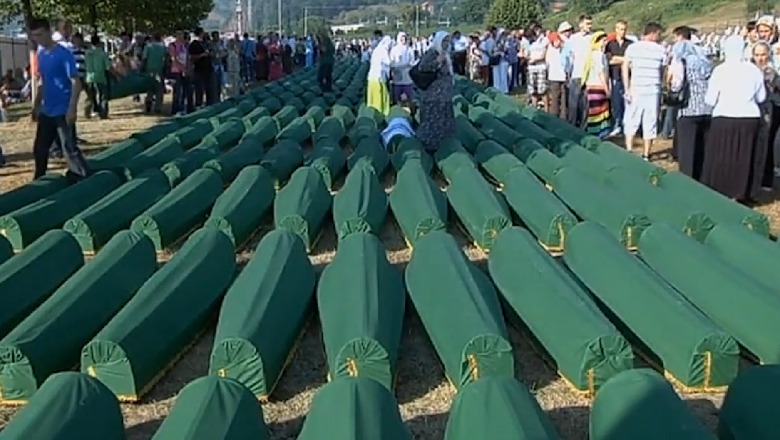
Plagët e hapura të Srebrenicës dhe gjenocidi i 25 viteve më parë
9 Korrik 2020, 11:20
-
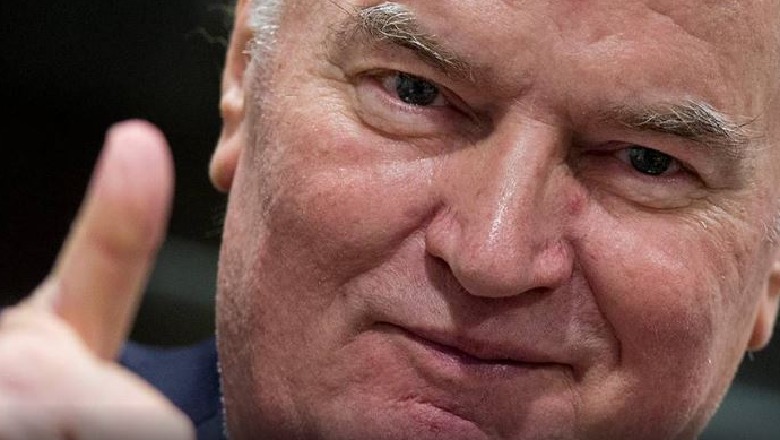
Gjykata e Hagës: Informacioni mbi vdekjen e Ratko Mladic është i pasaktë dhe ne e mohojmë atë
11 Shkurt 2020, 15:07






